If your cat is suffering from kidney failure, it means that your cat's kidneys are no longer able to do their job properly. The kidneys play a very important role in the body. Kidneys not only regulate the fluid balance, but also drain toxins and ensure that the important substances remain in the blood. The kidneys have an enormous reserve capacity, which means that even damaged kidneys can do their job very well. It is only when more than 70 percent of the kidneys are damaged that the kidneys can no longer function properly. Kidney failure is very common in cats, especially older cats. Broadly speaking, kidney failure falls into two categories; acute renal failure and chronic renal failure. The treatment and prognosis are very different in both cases, this article focuses on the acute form.
What causes acute kidney failure in cats?
In acute kidney failure, a large part of the kidney function is lost within a very short time. Acute kidney failure can start for a variety of reasons. Kidney failure can be divided into three main groups; prerenal renal failure, renal renal failure and postrenal renal failure. Renal means kidney. The cause is therefore before the kidney, in the kidney or after the kidney. In the case of prerenal causes (causes that lie in front of the kidneys), the kidneys often have too little blood flow. This can be due to dehydration or heart failure. Since the kidneys are less well supplied with blood, they also receive less oxygen. This causes the kidney cells to die.
Kidney failure is usually caused by toxins (eg, coolants), infections, and immune-mediated disorders. These are diseases in which the immune system attacks its own body. Immune complexes are formed, which get stuck in the kidney and thus ensure that part of the kidney is no longer (properly) supplied with blood.
Obstruction of the urinary passage is common in postrenal kidney failure. Bladder stones and/or bladder stones are often the cause of this.
How do I recognize acute kidney failure in my cat?
Cats with acute kidney failure are often suddenly very ill. The kidneys are very swollen and painful. This can cause your cat to lose consciousness (even going into a coma) and become extremely painful to touch, especially on the abdomen. Your cat may vomit, be lethargic, and/or stop producing urine. When the urine comes out, it can be red, smell very bad, and look cloudy. If your vet then does a urinalysis, he/she may find dead kidney cells. He/she can also spot stones or debris if they are the cause of the acute kidney failure.
How is acute kidney failure in cats diagnosed?
The diagnosis is made after a physical examination, a urinalysis, and often a blood test. The purpose of this blood test is often more to determine your cat's general condition and whether admission and treatment is necessary, or whether treatment can be carried out at home. In addition, your vet can perform an ultrasound scan to visualize the kidneys.
How is acute kidney failure in cats treated?
The first treatment is to eliminate the cause as soon as possible. All medications that could be harmful to the kidneys should be discontinued. Intravenous administration to your cat is often chosen to get kidney function back on track. Depending on the cause, specific treatment may be used. For example, certain medications for heart failure or certain foods for bladder stones.
Your cat may be recovering from acute kidney failure. In some cases it is a question of a complete restoration of kidney function, in some cases it is a question of partial recovery. As previously mentioned, 70 percent of the kidneys must be affected before symptoms appear. Therefore, even after a partial recovery, your cat will often no longer suffer from kidney failure.
Recovery depends on the following factors: Can the cause of acute kidney failure be eliminated? Has your cat survived the initial period between the onset of injury and the onset of recovery? And finally, is the framework of the kidneys affected? If not, there is a greater chance of a full recovery.
This text was translated by a translation machine
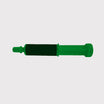 Horse Pharmacy
Horse Pharmacy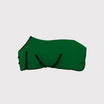 Rugs
Rugs Care
Care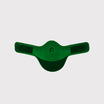 Saddle and Attachments
Saddle and Attachments Leg Protection
Leg Protection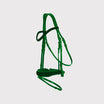 Bridles
Bridles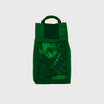 Feed
Feed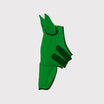 Fly Masks
Fly Masks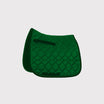 Saddle Pads
Saddle Pads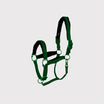 Headcollars and Ropes
Headcollars and Ropes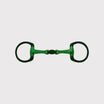 Bits
Bits Other Disciplines
Other Disciplines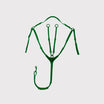 Reins and Auxiliary Reins
Reins and Auxiliary Reins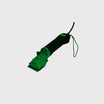 Clipping
Clipping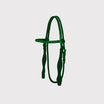 Western
Western Eventing
Eventing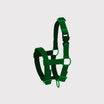 Foals
Foals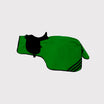 Reflection
Reflection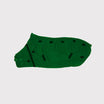 Therapy Products
Therapy Products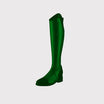 Boots and Shoes
Boots and Shoes Breeches and Belts
Breeches and Belts Tops
Tops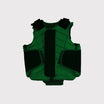 Safety
Safety Competition
Competition Heated Clothing
Heated Clothing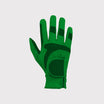 Gloves
Gloves Socks
Socks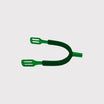 Spurs and Attachments
Spurs and Attachments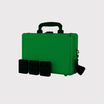 Technology
Technology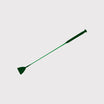 Whips
Whips Gifts
Gifts Casual Wear
Casual Wear Underwear
Underwear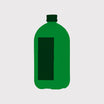 Rider Pharmacy
Rider Pharmacy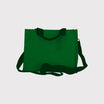 Bags
Bags Books
Books Laundry supplies
Laundry supplies Jewelry
Jewelry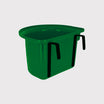 Feed and Waterbowls
Feed and Waterbowls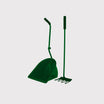 Equipment
Equipment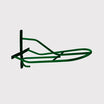 Tack Room
Tack Room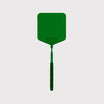 Pest Control
Pest Control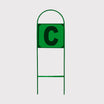 Arena
Arena Horse Toys
Horse Toys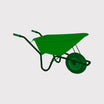 Wheelbarrows
Wheelbarrows Yard
Yard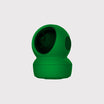 Surveillance
Surveillance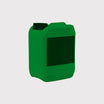 Disinfect
Disinfect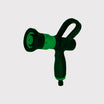 Washing Area
Washing Area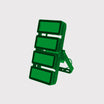 Lighting
Lighting Horse Pasture
Horse Pasture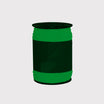 Current Conductors
Current Conductors Pole
Pole Insulators
Insulators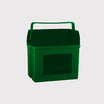 Energisers
Energisers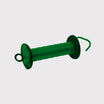 Gate Handles
Gate Handles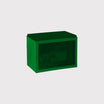 Batteries and Accumulator
Batteries and Accumulator Nets
Nets Grounding
Grounding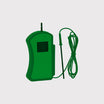 Tools
Tools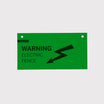 Fencing Security
Fencing Security Wolf Defense
Wolf Defense Fencing Sets
Fencing Sets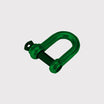 Fence locks
Fence locks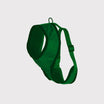 Dogs
Dogs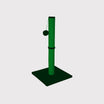 Cats
Cats Rodents
Rodents Dogs Pharmacy
Dogs Pharmacy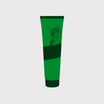 Cats Pharmacy
Cats Pharmacy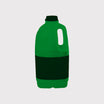 Rodents Pharmacy
Rodents Pharmacy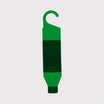 Cattle Pharmacy
Cattle Pharmacy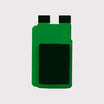 Poultry Pharmacy
Poultry Pharmacy Veterinary Supplies
Veterinary Supplies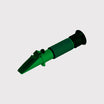 Cattle
Cattle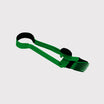 Sheep and Goats
Sheep and Goats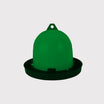 Poultry
Poultry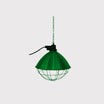 Heat Lamps
Heat Lamps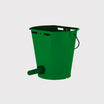 Calves
Calves Marking
Marking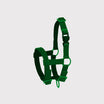 Halters
Halters